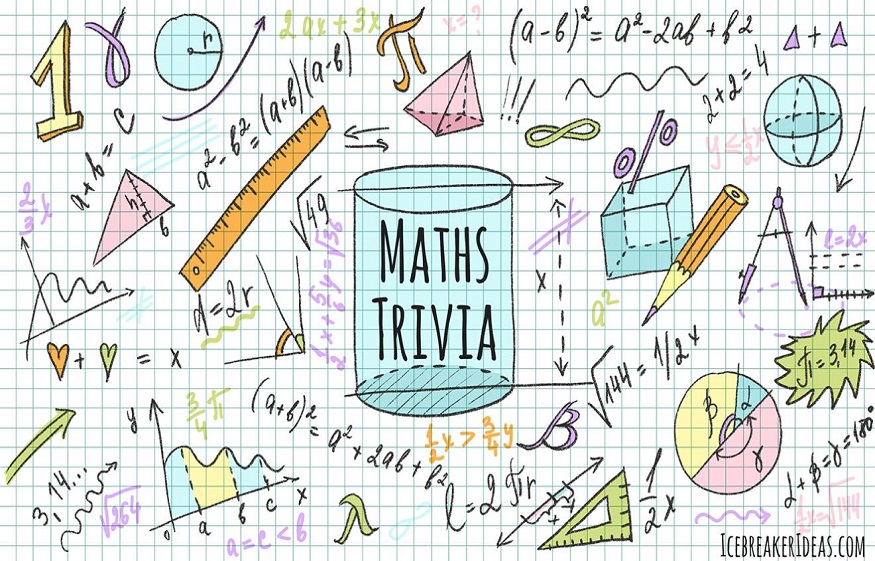Fun Facts About the World

Some people like to play trivia games with their friends, and if you’re one of those people, then we have the perfect game for you. We’ve taken all our databases and created fun and easy-to-navigate trivia questions for you and your family and friends. Easy peasy.
Trivia is one of the most entertaining ways to learn new things. We’ve all sat around a campfire or dinner table with friends, family, or co-workers, engaged in trivia games. If you haven’t, I’m jealous. Here are several fun facts about different countries in the world to go along with whatever trivia game you decide to play.
Interesting facts help inspire new ideas
There are two kinds of fun facts. The first kind is about the world. It’s fun to know that there are more molecules in a cup of water than cups of water in all the oceans in the world, or that if you started with a dollar in 1960 and reinvested all the dividends, you’d have over two million dollars today.
This is useful information, but it’s not necessarily inspirational. How do you use it? You don’t, unless you happen to be writing an article for “Science News.” The second kind of fact is about things you can do in the world. For example, when I was young I was told that if I raced across an open field with my arms outstretched, I would be able to stop quicker than someone running with his arms at his sides.
That seemed like something worth knowing. It still does. I was also told that if you climbed up on a chair and jumped off backward, landing on your feet instead of your butt, it would break your fall—and this one did seem like something worth knowing too. These are what I call inspirational facts—things you can do something with because they are about how the world works.
Your brain loves trivia
Trivia is fun because it is new information. It makes our cognitive system—the way the brain works—happy to get new information. This is not an accident. Our cognitive system is not neutral about whether or not we get new information. I like it.
It rewards us for getting new information. When the cognitive system gets new information, two things happen: first, it compares the new information with what it already knows, and second, it changes what it knows.
Read more: Major things to follow when preparing for UCAT
The first step of this process is unconscious; you never notice that your mind is comparing the new information to old information. But the second step is conscious: when something fits in with what you already know, you say “Aha! I understand!” and when something doesn’t fit in, your mind says “Huh?” and pushes the new fact out of its way so it can focus on other things that seem more familiar and important. The unconscious comparison process makes us feel good when we notice a pattern: our mind says “Aha! I see what’s going on! I understand!” And this good feeling motivates us to seek out more patterns: we want to know how things work and why they are like they are.
Trivia lovers are often accused of being trivial, but the truth is that it’s good to know trivial things. Trivia helps you remember important things. That’s one reason why schools should have trivia contests.
The contest wouldn’t be about facts, but about finding facts in your head when you need them. If you’re playing Jeopardy! Against someone who knows the capitals of Europe, you’re at a disadvantage. But if you’re both trying to remember who wrote Hamlet, then there’s no reason for trivia fans to lose out just because they have better memories.








